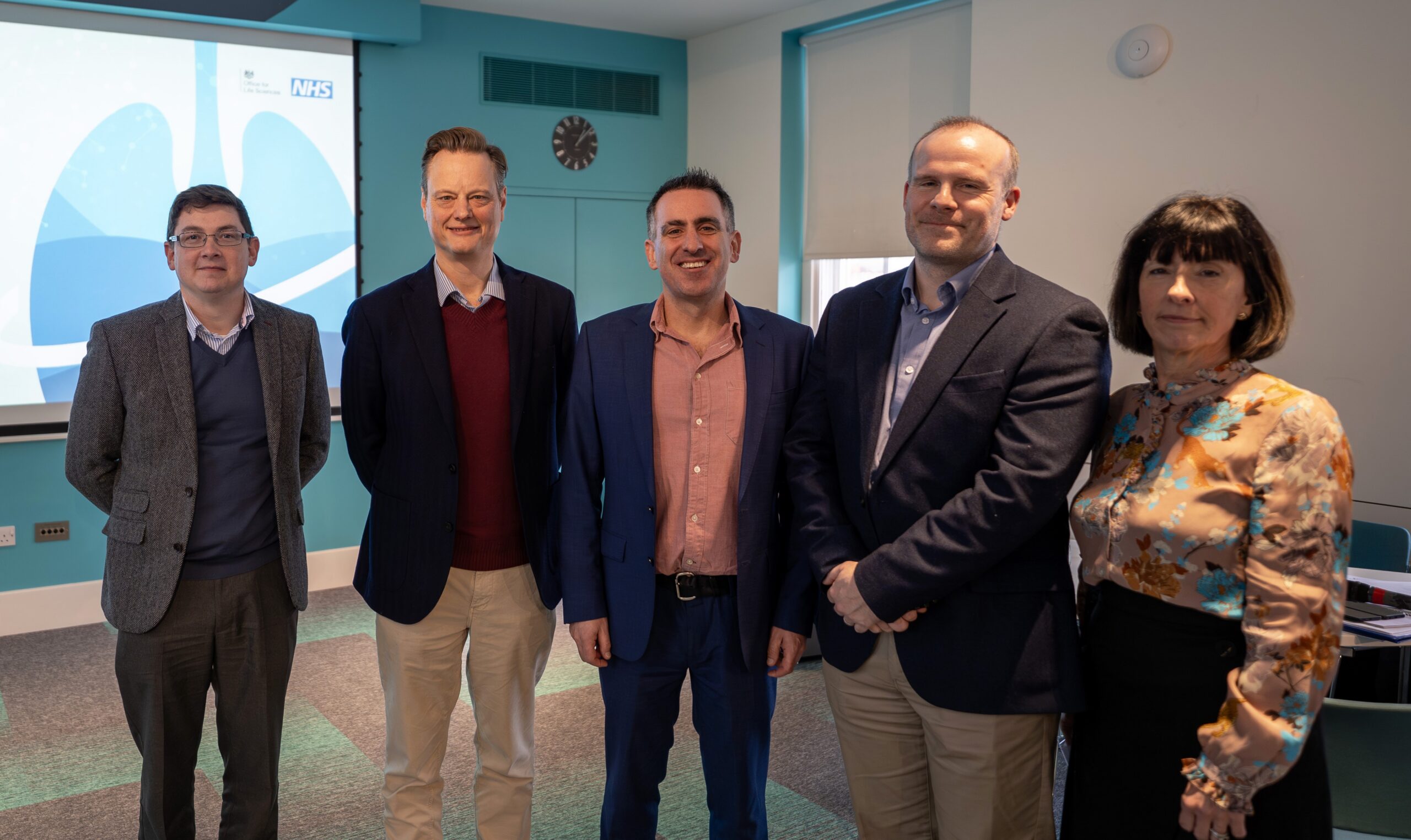The Respiratory Transformation Partnership (RTP) is a unique national initiative developed by the Health Innovation Network, NHS England and the Office for Life Sciences, with industry partners.
It is designed to drive whole pathway transformation in asthma and chronic obstructive pulmonary disease (COPD) care, creating a new model of joint transformation delivery. It will bring policy, commissioning, innovation and frontline adoption together under one programme.
Respiratory disease:
- is the third leading cause of death in the UK
- affects approximately one in six people during their lifetime, with asthma and COPD the most common long-term respiratory conditions
- accounts for around 20% of all deaths
- contributes to approximately 8% of hospital admissions and 10% of inpatient bed days
- costs the UK economy an estimated £188 billion annually
The economic burden is also significant, with respiratory conditions costing the UK economy an estimated £188 billion annually.
Health inequalities remain a defining feature of respiratory disease. People living in the most deprived areas face significantly higher rates of emergency admissions and premature mortality from respiratory disease.
With the right guidance, timely care and targeted support, asthma and COPD are treatable.
In this section
Meet our clinical leads Core workstreams Pathway Transformation Fund – winter 2025/26 Updates and events COPD resources
Our aims
By December 2027 the Respiratory Transformation Partnership will have:
- Contributed to reducing premature mortality, hospital admissions, and respiratory bed days
- Supported progress in reducing unwarranted variation in access to biologics and guideline-led care
- Built workforce capability with new roles, training, and national leadership
- Deployed digital tools (risk stratification, dashboards, remote monitoring) at scale
- Created a blueprint for system wide innovation aligned with the 10-Year Health Plan for England.
Making a difference
Partner organisations
The Respiratory Transformation Partnership brings together a unique coalition of NHS, government, industry, academic, patient and third-sector organisations. From national anchors and industry partners to regional NHS teams, clinical networks, Integrated Care Boards, clinicians, and patient representatives, each plays a defined role in co-developing and delivering sustainable transformation.
Crucially, the RTP provides a single national vehicle through which partners can align and bring forward initiatives under a shared vision. This approach reduces duplication, enables collaboration and optimises the chances of delivering sustainable and successful transformation at scale.
The Pathway Transformation Fund
We’re supporting nine health systems across England which have been awarded a total of £2.61 million through the NHS Pathway Transformation Fund (PTF) to deliver innovative projects in asthma and COPD care in winter 2025/26. These collaborations are addressing national priorities for early and accurate diagnosis, stratification of risk and optimisation of care.
Stay up to date
Sign up to receive the latest news, opportunities, events, resources and more – delivered straight to your inbox to keep you informed on the Respiratory Transformation Partnership.
If you are an NHS employee you can access further details, resources and discussions by joining the NHS Futures platform.




